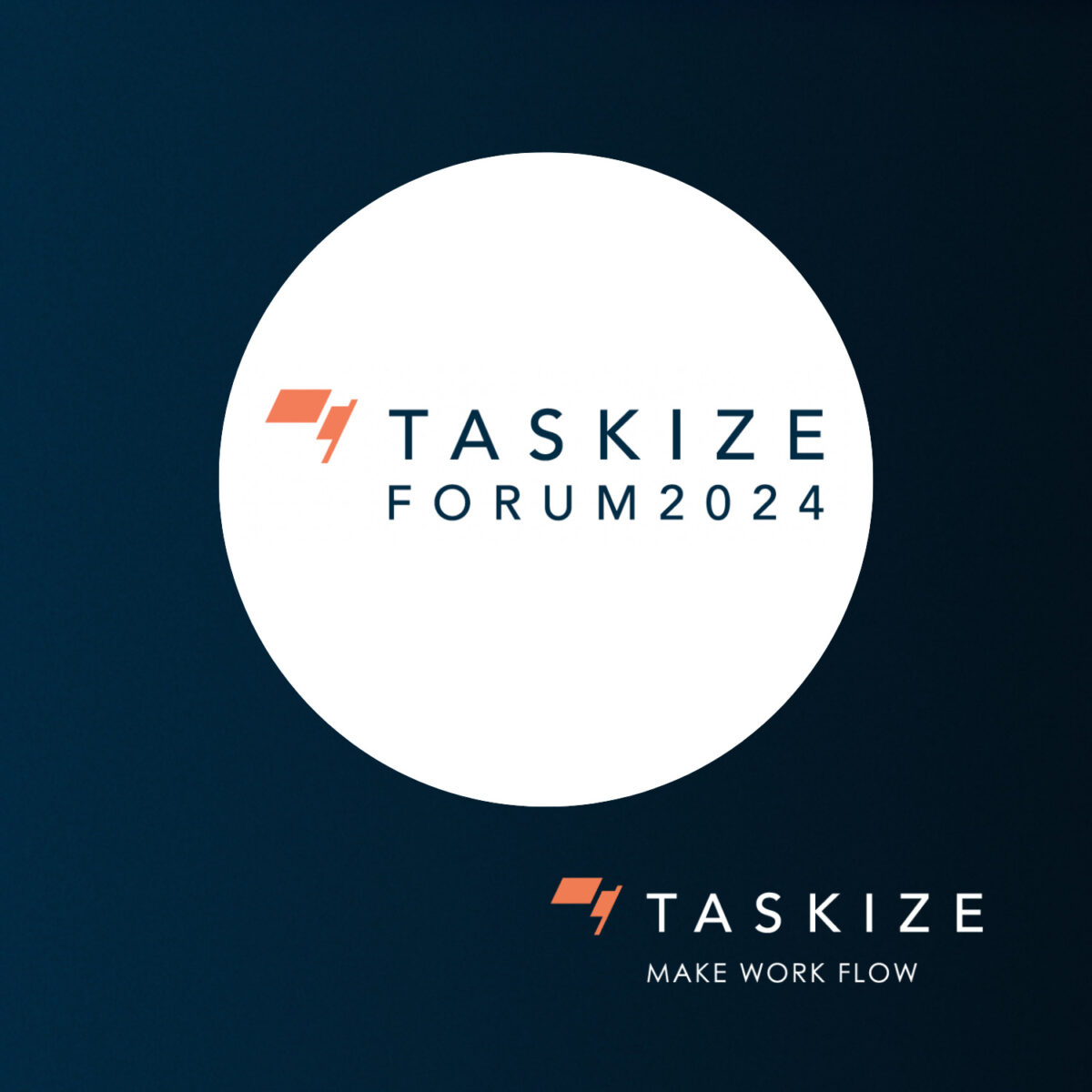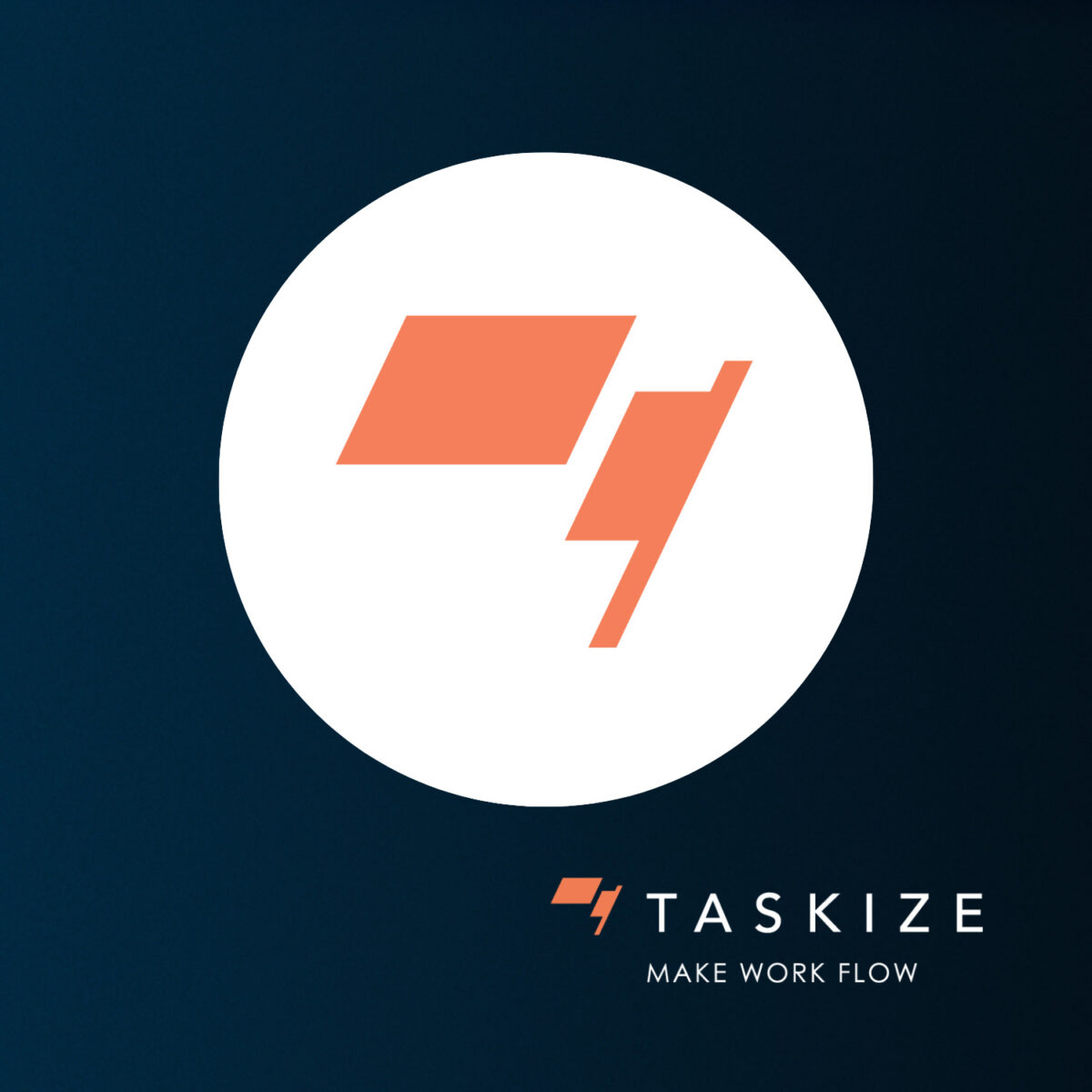Events & Webinars
Partnerships between fintechs and financial institutions are critical to delivering the next generation of banking services. How can participants ensure these partnerships deliver the goods?
The relationship between fintechs and banks has moved decisively from competition to collaboration. This shift is based on a deepening level of mutual understanding, as well as a growing appreciation of the inter-dependencies between the two sectors.
Banks are increasingly aware of the size and scale of the challenges they face. Delivering a new generation of value-added digitised services to a demanding institutional client base at a time of collapsing traditional revenues, outmoded operating infrastructure, and exponentially rising compliance costs is the definition of a ‘big ask’.
At the same time, fintechs are getting to grips with the many difficulties involved in delivering innovation in one of the world’s most highly regulated industries. Domain expertise, operational robustness and compliance must be included in the price of admission for nimble start-ups that want to contribute to the transformation that the banking industry and its clients so evidently need.
These challenges have become more apparent as fintechs have shifted their focus from delivering responsive, interactive client experiences to developing solutions that improve efficiency throughout the transaction lifecycle. As yet, few have delivered impactful solutions, many not even moving beyond the ubiquitous ‘proof of concept’ to earn the prize of processing live transactions.
Fintechs and banks might need each other to meet fast-evolving customer expectations set by digital platform giants. But do they really know each other well enough yet to partner together to deliver the goods?
Over the past 12 months, a number of global investment and commercial banks have signed up to and are now live on Taskize’s problem-solving platform for banking operations. Alongside our sponsor Euroclear, these banks have played a significant role in shaping our solution. Having helped to nurture these relationships from seeds to saplings, I hope to offer the benefit of my experience:
Tick the boxes – Fintech firms must embrace banking practices, controls and norms, no matter how Kafkaesque they may seem. Institutions charged with managing other people’s money are highly regulated and sensitive to operational risk. As such, compliance with the standards and processes used by the industry to meet regulatory obligations and protect clients are a pre-requisite step to getting on approved supplier lists.
Bide your time – Banks work on a much slower timescale than fintechs and are used to working with suppliers of similar size, speed and resources, such as enterprise software providers. Fintechs will find this frustrating, but must learn to adapt. There is hope in that some banks realise they need to move faster as margins diminish, but these are the exception.
Stay out of the sandbox – It has become fashionable for banks to establish incubators to develop innovative ideas, but these can turn into playthings and be (under-)valued accordingly. Fintechs with a quantifiable business case and short implementation times stand the best chance of ultimate success and of attracting buy-in at multiple levels across the bank.
Be up-front – Because of the length of time it may take to implement and go live with a solution, fintechs should not fight shy of discussing financial terms in the early stages. Moreover, the intense legal scrutiny involved in agreeing contractual terms means that fintechs may prefer to agree terms that cover both pilot and live use, rather than risk additional, interminable iterations of due diligence and negotiation that Dante would recognise. The more structure to the relationship the stronger the larger party’s commitment. If the bank balks at agreeing terms commensurate with your investment, then getting to ‘no’ quickly can save a lot of wasted time and effort.
Get a sponsor – Establishing credibility early on can be a significant factor in getting projects off the ground. Part of this can be achieved by ‘walking the walk’ – e.g. delivering clear, detailed plans at meetings, demonstrating industry understanding – but an alliance with a respected sponsor, perhaps an existing service provider, can be invaluable. Ideally, the sponsor will recognise the need for quick decisions that will help the fintech quickly and accurately address the needs of the client.
Taskize is up and running, but we don’t know all the answers. We do know we’ve made mistakes. We also recognise that the factors listed above must be underpinned by a broad skillset. Ultimately, fintechs need to understand in detail both pressing financial industry needs and the combination of technologies that can deliver an effective solution. There’s a lot riding on these relationships, individually and collectively. It’s worth taking the time to get it right.
This article is part 1 of Taskize’s fintech-bank collaboration series. Click here to read part 2.

